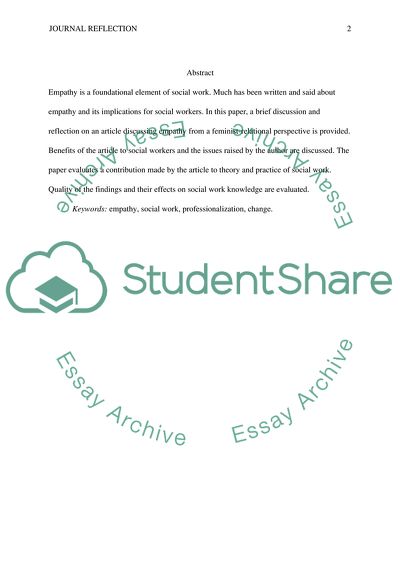Cite this document
(Beyond Empathy: a Relational-Feminist Point of View Research Paper, n.d.)
Beyond Empathy: a Relational-Feminist Point of View Research Paper. https://studentshare.org/social-science/1756047-journal-reflection
Beyond Empathy: a Relational-Feminist Point of View Research Paper. https://studentshare.org/social-science/1756047-journal-reflection
(Beyond Empathy: A Relational-Feminist Point of View Research Paper)
Beyond Empathy: A Relational-Feminist Point of View Research Paper. https://studentshare.org/social-science/1756047-journal-reflection.
Beyond Empathy: A Relational-Feminist Point of View Research Paper. https://studentshare.org/social-science/1756047-journal-reflection.
“Beyond Empathy: A Relational-Feminist Point of View Research Paper”. https://studentshare.org/social-science/1756047-journal-reflection.


